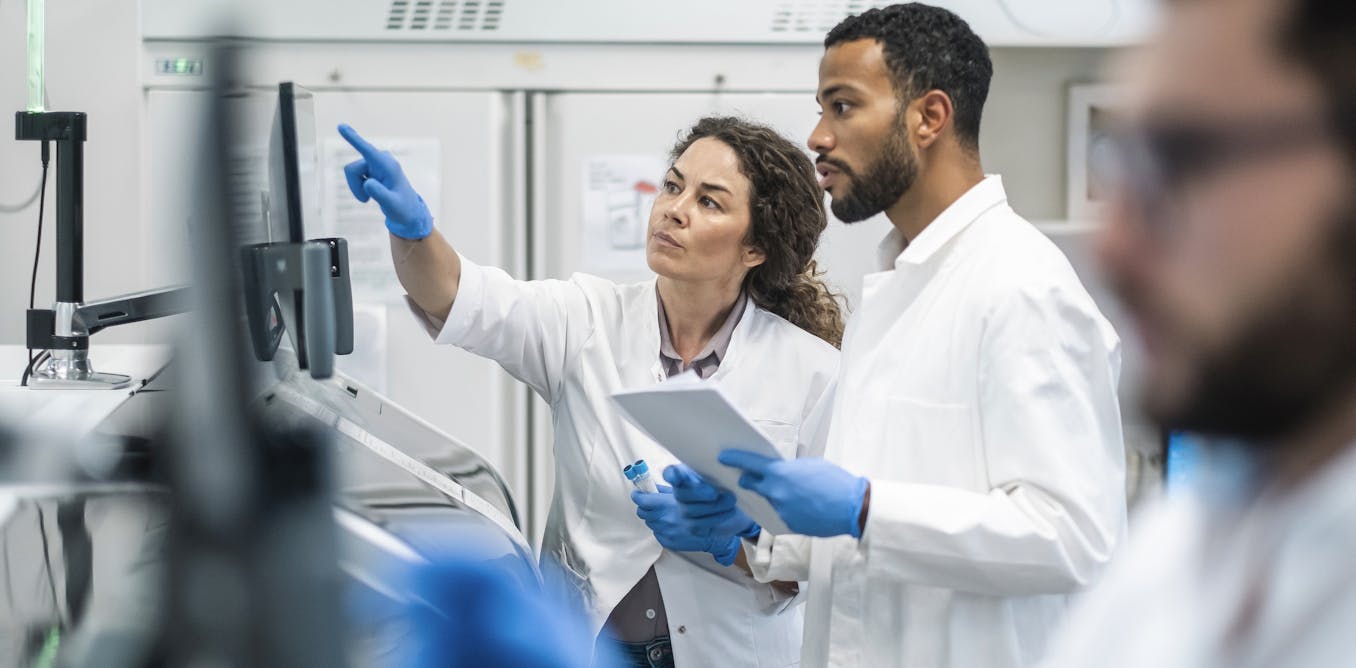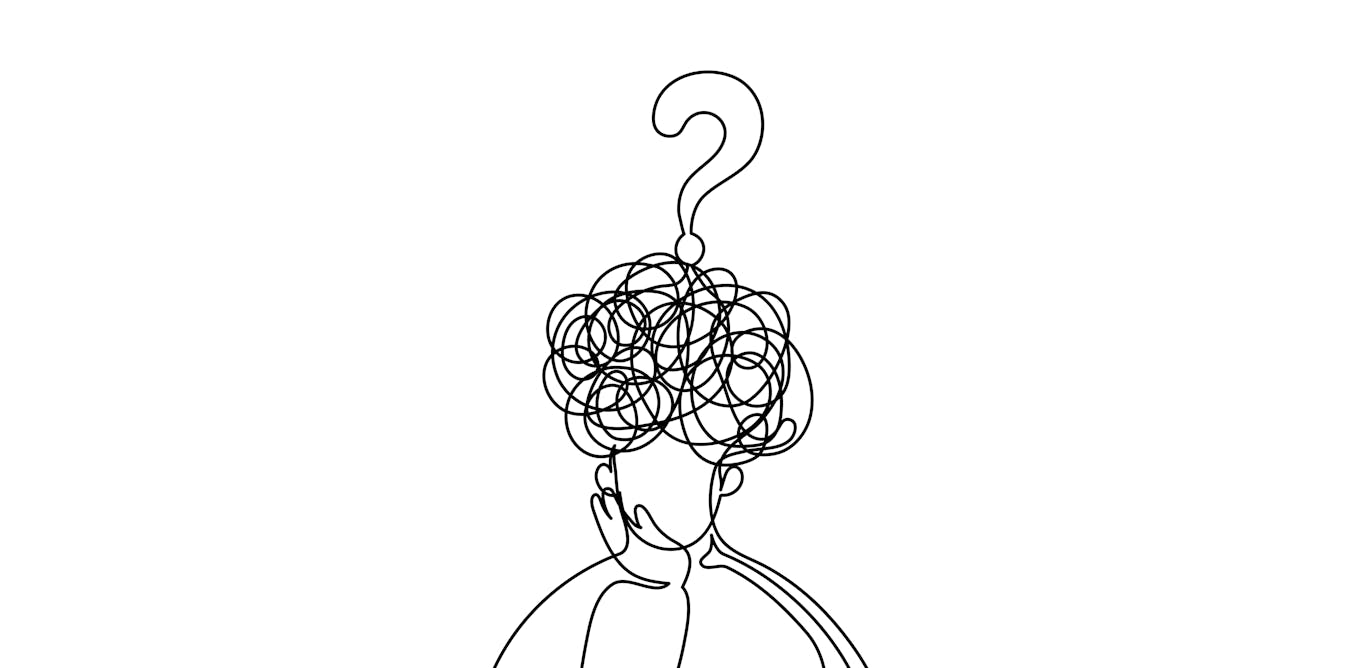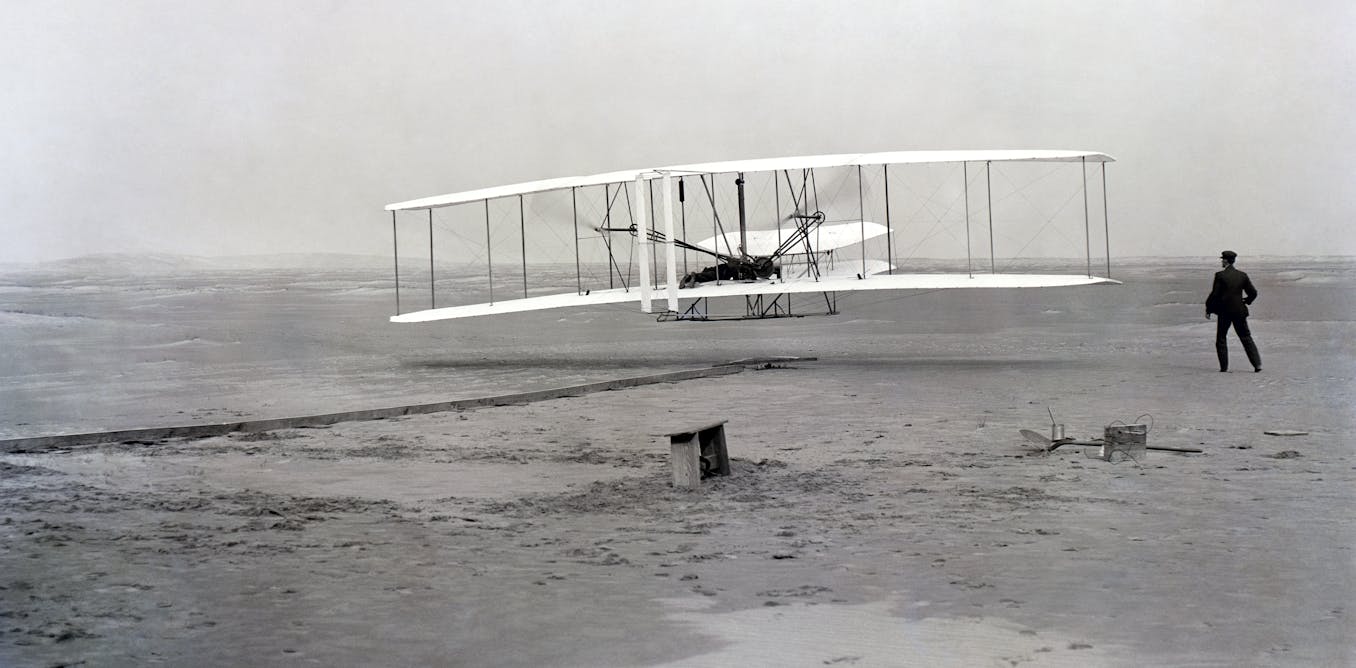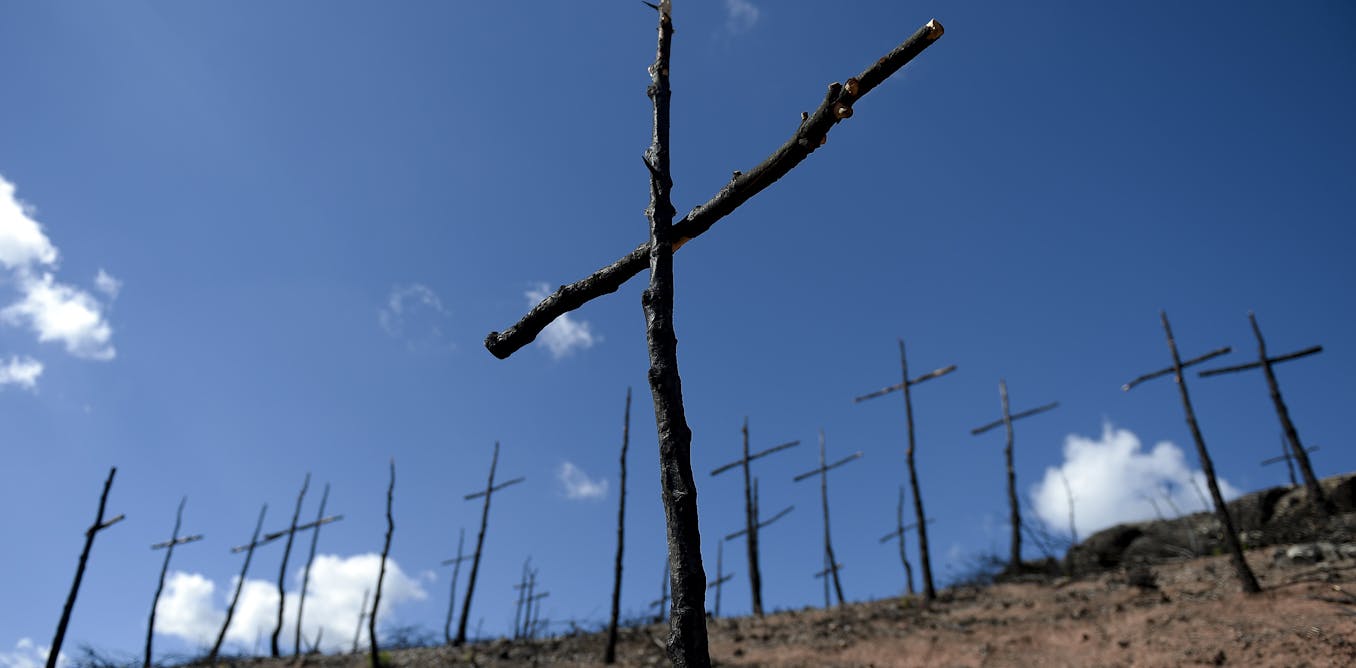Scientific norms shape the behavior of researchers working for the greater good
While rarely explicitly taught to scientists in training, a set of common values guides science in the quest to advance knowledge while being ethical and trustworthy.
Jeffrey A. Lee, Professor of Geography and the Environment, Texas Tech University •
conversation
yesterday • ~8 min
yesterday • ~8 min





